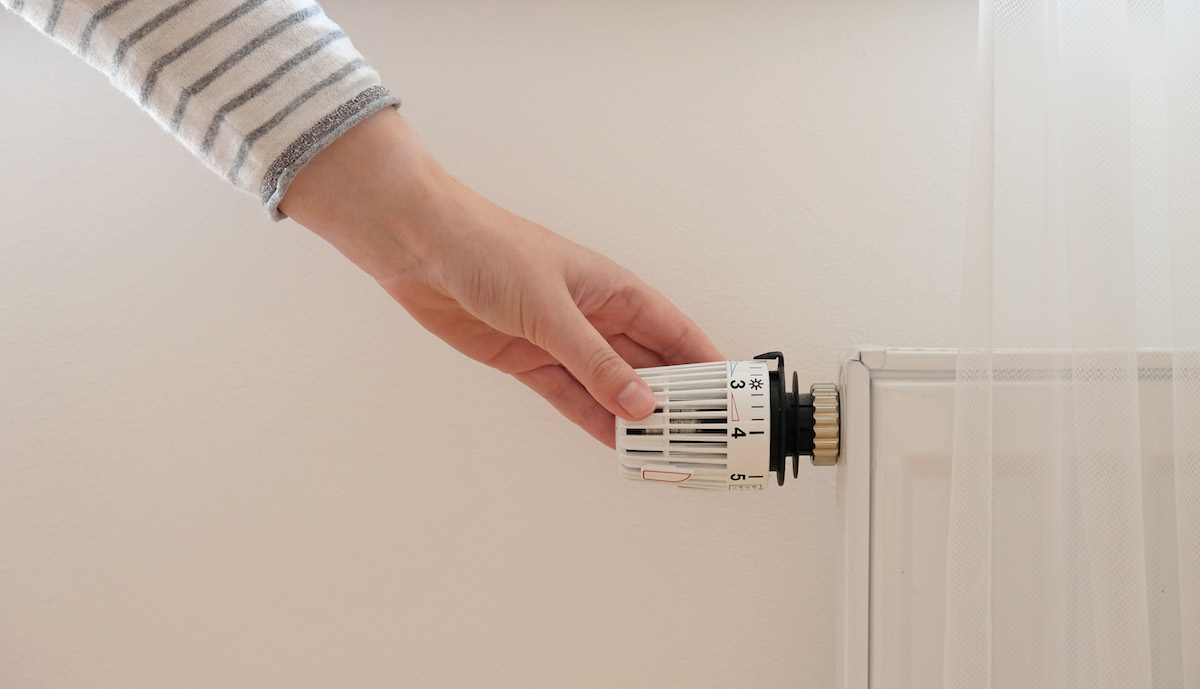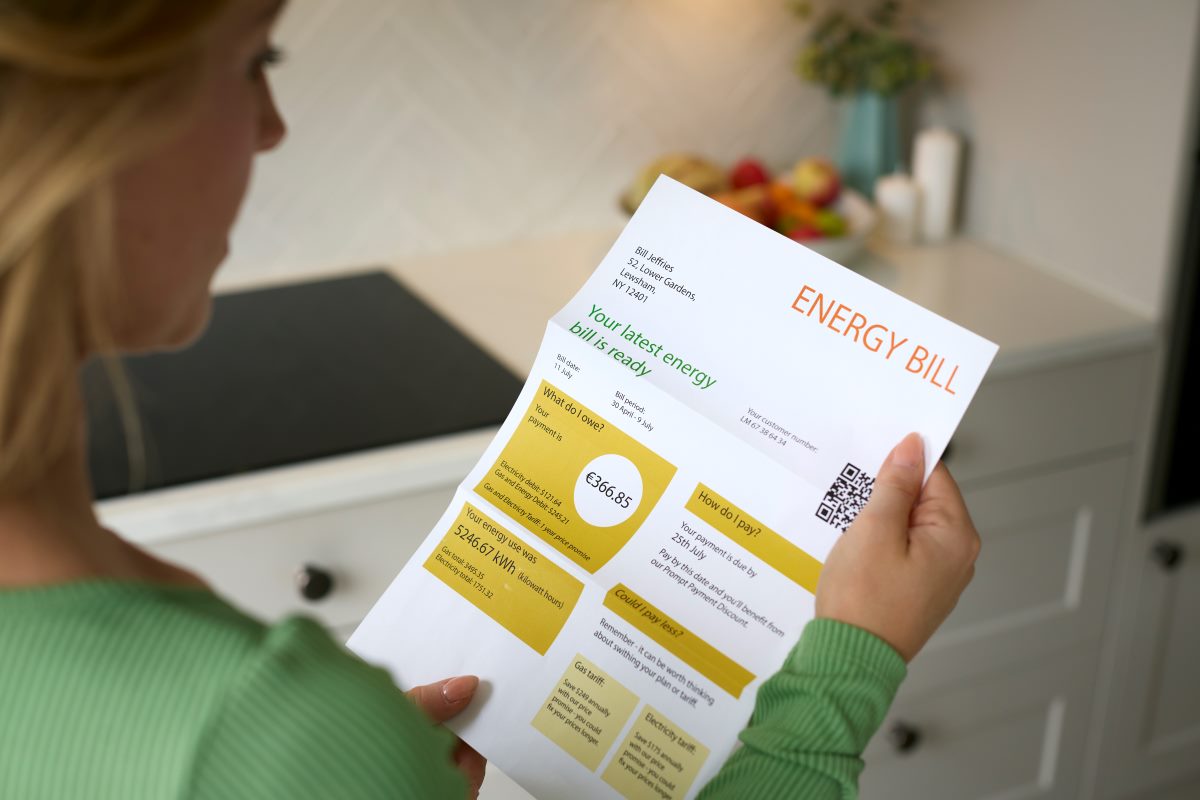Why Is Energy Efficiency Important for Businesses?
Table of contents [Show]
Installing energy efficiency measures usually involves higher upfront costs, with the benefits coming later. However, they are vital for businesses, both in terms of environmental sustainability and long-term cost savings. It is, therefore, essential that companies understand the long-term benefits of investing in energy-efficiency.
It Saves Businesses Money
Implementing energy efficiency measures can save businesses vast amounts of money. For instance, ArcelorMittal – the world’s largest steel producer – saved $257 million in one year from installing energy-efficiency technologies. In Canada, businesses, industries, and institutions would save $3.2 billion per year by investing in energy efficiency.
On average, commercial buildings waste 30% of the energy they consume. Therefore, reducing that waste by investing in energy efficiency can lower operating costs. Inside offices, companies that replace desktops with Energy Star models can expect to save $831 per computer.
Investing in energy efficiency accrues higher up-front costs. However, in the long run, it makes economic sense to do so.
Energy Efficiency Creates a Stronger Economy
As well as saving businesses money, investing in energy efficiency is beneficial to the Canadian economy. In 2017, the Canadian government created the Pan-American Framework on Clean Growth and Climate Change to meet its emissions targets. Implementing all energy efficiency measures in the framework would add 118,000 full-time jobs to the Canadian economy, increasing GDP by 1%.
Energy efficiency is also considered by the International Energy Agency as a vital industry to help global economies rebound from the COVID-19 pandemic.
Furthermore, the stronger the economy, the better for businesses as consumers have more disposable income. Therefore, all types of companies benefit from the improved economic growth that investing in energy efficiency brings.
These days, it is not enough for companies to focus solely on profit; consumers also expect businesses to care about the world around them.
Energy efficiency and the environment fall squarely within this category. 58% of US consumers consider the company’s environmental credentials before purchasing, according to a survey of 58,000 people by the National Marketing Institute. Therefore, companies that invest in energy efficiency can demonstrate their sustainable credentials and attract more customers.
Investing in energy efficiency as part of Corporate Social Responsibility also helps businesses hold onto employees. Many workers need a reason to work somewhere besides merely earning money. If they feel a company helps make the world a better place, they will be proud to work there and more likely to stay.
Regulation is Coming
To avoid catastrophic climate change levels, we must limit global temperature to no more than 1.5C above pre-industrial levels. Energy efficiency has a vital role to play, and the United Nations has set a goal of doubling the rate of improvement in energy efficiency by 2030.
Consequently, governments worldwide will increasingly mandate businesses to be more energy efficient to help hit the target of keeping warming below 1.5C. The earlier that companies begin to become more energy-efficient, the easier it will be to adapt to the ever-stricter regulation that will inevitably come.Climate Change is Here
Climate change will cost the world’s largest public companies up to a trillion dollars over the next four years. In truth, no business – big or small – is safe from climate change, and all must adapt. Money saved through investing in energy efficiency measures can be used to pay for the increasing costs of doing business in the age of global warming.
How Can Businesses Be Energy-Efficient?
Since the importance of energy efficiency for businesses cannot be overstated, the next question is how they can become more energy efficient.
The Building
Have an Energy Evaluation Done
Having a professional energy evaluation done is an excellent way for businesses to be more energy efficient. Above all, an evaluation will show you where you are inefficient and suggest improvements.
Maximize Natural Light
If you own your building or are constructing, or renovating, a new office, consider the amount of natural light that will enter the building. Ensuring adequate natural light enters – known as daylighting – can help businesses save as much as one-third of total energy costs by reducing lighting use.
Additionally, adequate natural light has numerous health benefits, including better sleep and less seasonal depression, leading to more productive employees.
Switch to LEDs
LED bulbs are more efficient than incandescent bulbs. Therefore, using them throughout your building can help your business be more energy-efficient and save you money.
However, as mentioned in a past insight, LEDs can be expensive to purchase compared to their less efficient counterparts. Therefore, buy them gradually if your bottom-line is a concern.
Install Motion Sensors
Install motion sensors that switch lights on and off automatically. Such sensors prevent lights from being left on, saving you money and enhancing your business’s energy efficiency.
Check Insulation
Buildings that are not well insulated allow air to enter and escape, forcing your heating and cooling system to work harder and waste energy. Therefore, it is essential to ensure that your building has suitable insulation and plug gaps around windows and doors with weatherstripping and caulking.
Greensaver’s Home Energy Solutions team can complete a tailor-made recommendation for your business.
Implement Shade Landscaping
If you have the power to alter the landscaping around your office, you can design the area to improve your business’s energy efficiency. For example, by planting trees in strategic locations, you can create shade on the structure and reduce air conditioning costs. This practice is known as shade landscaping and is very efficient. The cooling effect of a single, healthy tree over its lifespan is equal to 10 room-sized air conditioners operating for 20 hours a day.
Manage the Airflow in the Server Room
It is essential to keep your office servers cool for them to function correctly. While you can keep the server room cool using air conditioning, a better option is to design the room so that air flows naturally.
Building Equipment
Upgrade to a Smart Thermostat
Investing in a smart thermostat makes a big difference in your energy use. These thermostats learn from your heating and cooling patterns to adjust the temperature automatically. They are so effective at reducing energy waste that they can reduce heating costs by 10-12% and cooling costs by up to 15%.
Get an HVAC Tuneup
Sometimes, your Heating, Ventilation, and Air conditioning (HVAC) System will run inefficiently due to loose connections, clogged filters or dirty coils. Have your system checked by a licensed technician annually to ensure optimum performance.
Close The Blinds in Summer. Keep them Open in Winter
In summer, sun streaming through windows will heat rooms and cause your air conditioner to work harder to maintain a cold temperature. Therefore, keeping sunlight out will reduce the burden on your air conditioner and save energy.
In contrast, opening blinds and letting sunlight enter in winter will naturally heat your building, requiring less heating.
Use FansFans help circulate cold air from an air conditioner, therefore cooling a building quicker. For this to work, the fan must be spinning in a counter-clockwise direction in summer. This direction pushes cold air down, creating a breeze.
Install Automatic Taps
Installing taps that automatically turn off when not used can enhance your business’s energy efficiency by reducing water usage.
Office Equipment
Buy Energy Star Products
ENERGY STAR certified office equipment – including computers and printers – use less energy without reducing performance. This reduced energy consumption can save companies money. For example, replacing laser printers with ENERGY STAR models can save $267 per unit per year.
Shut Down Computers at Night
Make sure that all staff shut down their computers before leaving for the night to conserve energy.
Use Laptops, Not Desktops
Laptops consume 80% less energy than desktop computers, meaning that switching over is an excellent way for businesses to enhance their energy efficiency.
Buy Smart Powerstrips
When plugged in, electronics are drawing energy, even when not in use. Smart power strips detect when an appliance is on standby and shuts off the power to it. Use them to help your business improve its energy efficiency.
Staff
Include Staff in Decisions
Energy efficiency is not just the responsibility of senior management; all staff can play a part. For instance, encourage employees to be more efficient by informing them how they can save and asking them to share their innovative ideas on reducing.
Allow a Casual Dress Code
Depending on your company, consider allowing your employees to wear more comfortable clothing during the summer months. This will enable you to raise the thermostat temperature.
Reduce Paper Usage
Encourage staff to only print when necessary, to print double-sided and in black and white as much as possible.
Conclusion: A Comprehensive Guide to Energy Efficiency for Businesses
In conclusion, there are many ways in which businesses can become more energy efficient. Doing so will help save money, strengthen the economy, and combat climate change.
At Greensaver, we are passionate about helping companies achieve all these goals. For more information on how we can help, feel free to get in contact with us here.



